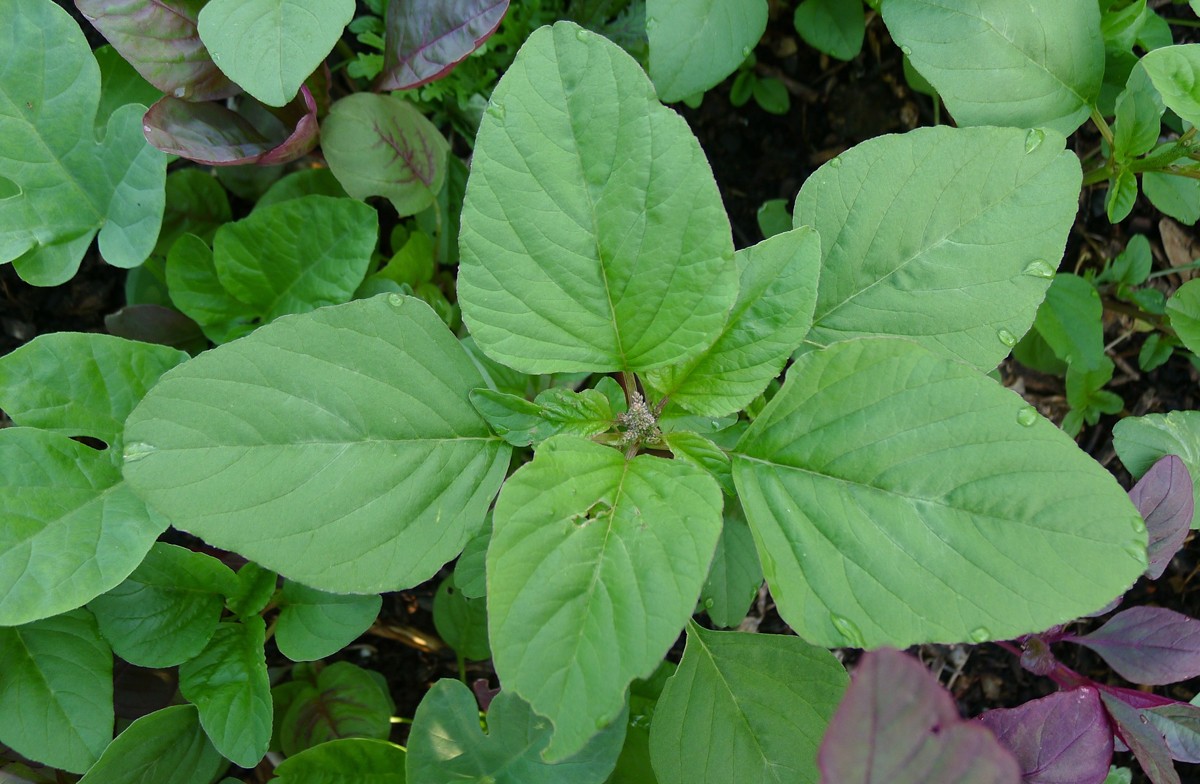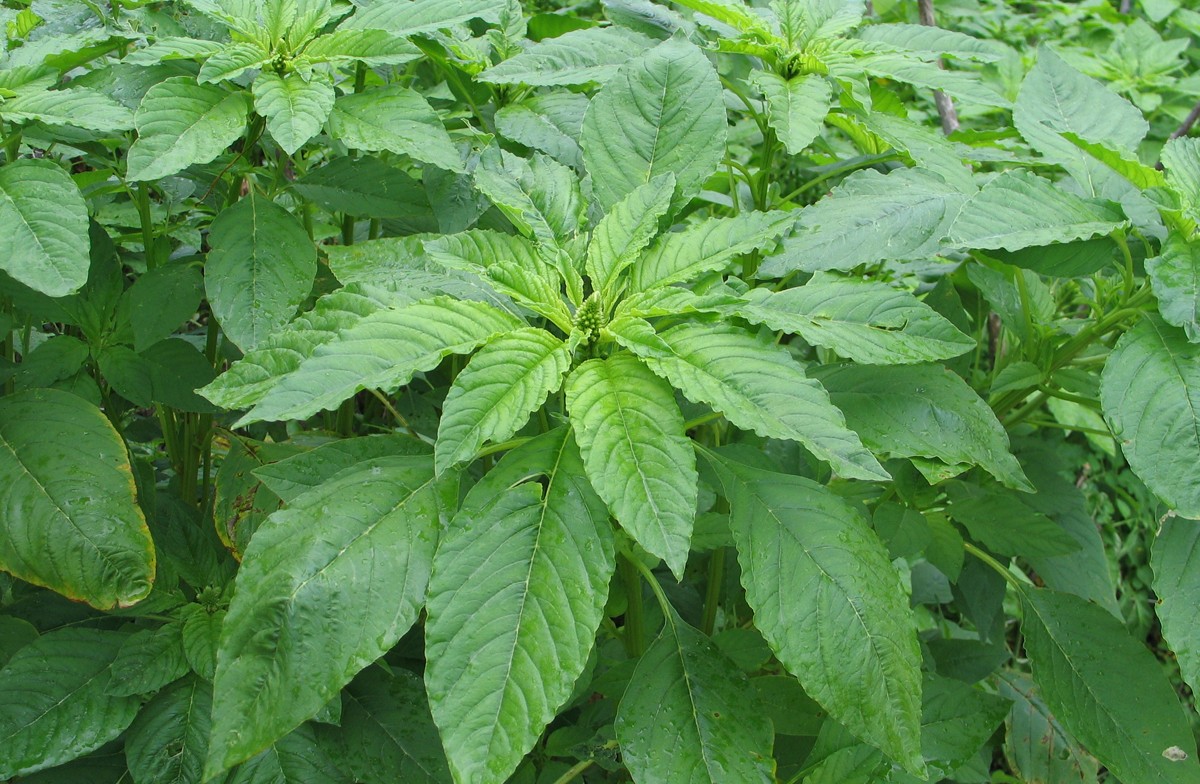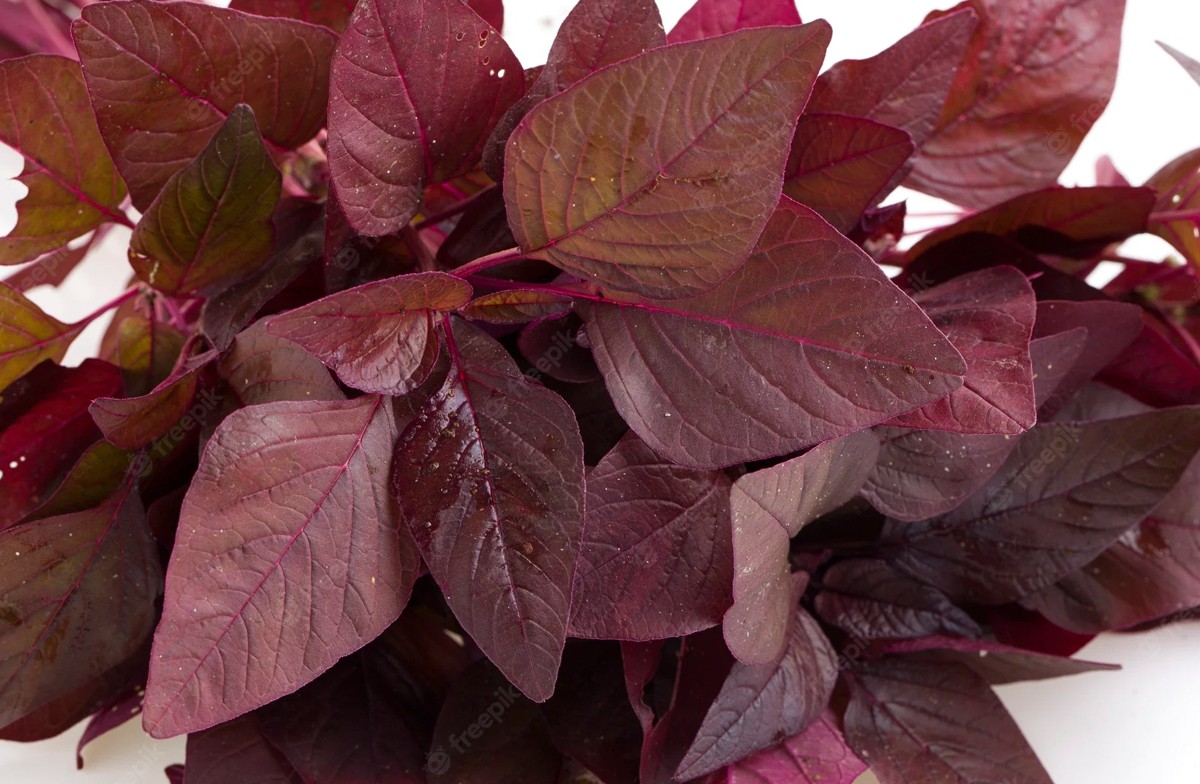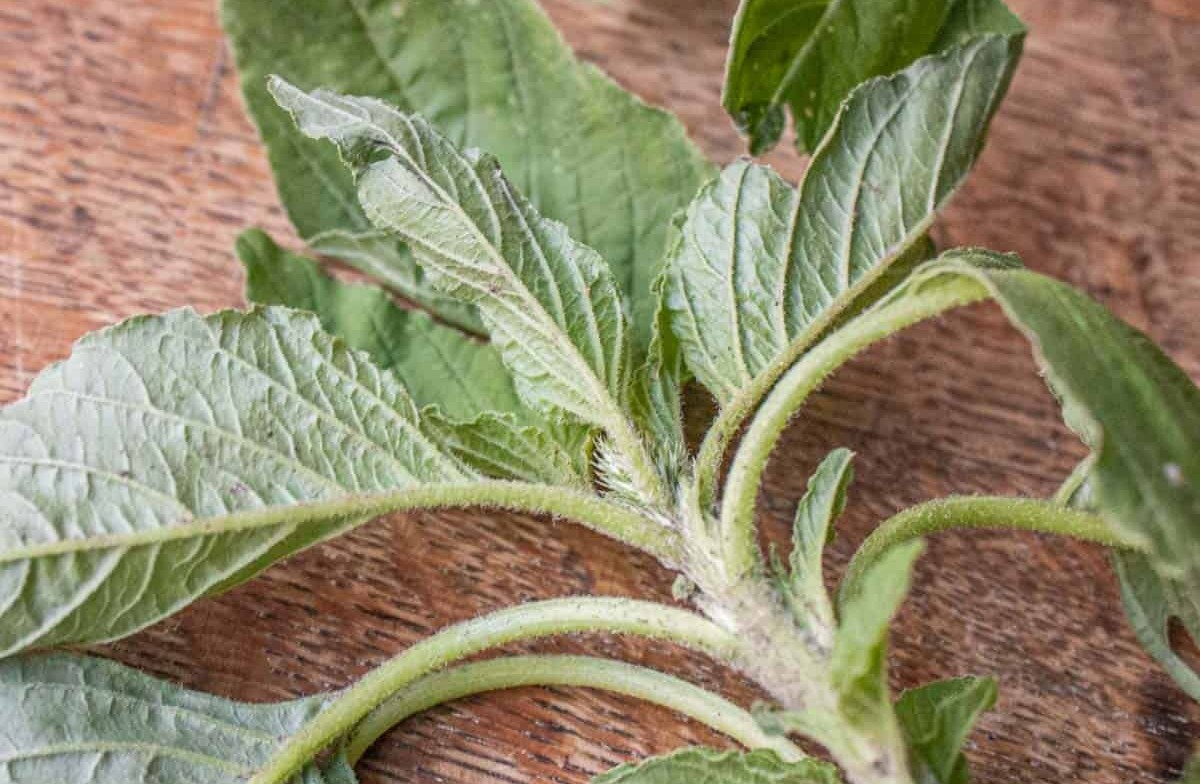Amaranth
Amaranth refers to both a plant and a grain that are used for various purposes. Here's some information about amaranth:
- Plant: Amaranth is a broadleaf plant that belongs to the Amaranthaceae family. It is known for its vibrant, colorful flowers and edible leaves. There are several species of amaranth, including Amaranthus cruentus, Amaranthus hypochondriacus, and Amaranthus tricolor.
- Grain: Amaranth grain is derived from the seeds of the amaranth plant. It is a pseudo-cereal, meaning it is consumed like a grain but does not come from grasses like wheat or rice. Amaranth grain is gluten-free and has a nutty flavor.
- Nutritional Benefits: Amaranth is highly nutritious and is considered a superfood. It is a good source of protein, fiber, and essential nutrients such as iron, magnesium, phosphorus, and potassium. It also contains beneficial antioxidants and bioactive compounds.
- Culinary Uses: Amaranth leaves are commonly used as a leafy green vegetable in many cuisines, particularly in Asian and African dishes. The leaves can be cooked similarly to spinach or added to soups, stews, or stir-fries. Amaranth grain can be cooked and used as a side dish, added to salads, or used as an ingredient in baked goods, porridge, and other dishes.
- Traditional and Cultural Significance: Amaranth has a long history of cultivation and use, dating back to ancient civilizations such as the Aztecs and Incas. It has cultural and ceremonial significance in some cultures, and in certain regions, amaranth seeds are used to make a traditional sweet called "alegría" or "joy" in Latin America.
- Health Benefits: Consuming amaranth may have various health benefits. It is considered a good source of plant-based protein, making it a valuable option for vegetarian and vegan diets. Amaranth also contains bioactive compounds that have been associated with potential anti-inflammatory and cholesterol-lowering effects. However, more research is needed to fully understand the health benefits of amaranth.
Amaranth is a versatile plant that offers both culinary and nutritional benefits. Whether consumed as leaves or grain, it can be a nutritious addition to a balanced diet.
Amarahth is cool, slightly sweet; targets the lung and large intestine meridians. It can clear heat and dampness, cool blood to stop bleeding, and stop dysentery. It is used for dysentery, bowel obstruction, red eyes and sore throat, epistaxis and other diseases.
Amarahth nutritional benefits
Amaranth offers several nutritional benefits due to its rich composition of vitamins, minerals, fiber, and antioxidants. Here are some of the key nutritional benefits of amaranth:
- Protein: Amaranth is a notable plant-based source of protein. It contains all the essential amino acids, making it a complete protein. This makes it a valuable food source for individuals following vegetarian or vegan diets or those looking to increase their protein intake.
- Fiber: Amaranth is high in dietary fiber, which aids in digestion, promotes bowel regularity, and contributes to a healthy gut. Consuming foods rich in fiber can help maintain satiety, support weight management, and assist in managing blood sugar levels.
- Minerals: Amaranth is a good source of essential minerals such as iron, magnesium, phosphorus, manganese, and copper. These minerals play crucial roles in various bodily functions, including oxygen transport, bone health, energy production, and enzyme activity.
- Vitamins: Amaranth contains several vitamins, including vitamin B6, folate, niacin, riboflavin, and vitamin E. These vitamins contribute to energy metabolism, red blood cell production, nervous system function, and cell protection against oxidative damage.
- Antioxidants: Amaranth possesses antioxidant properties due to its content of phenolic compounds and other bioactive substances. Antioxidants help protect the body against free radicals, which are unstable molecules associated with aging and various diseases.
- Gluten-Free: Amaranth is naturally gluten-free, making it a suitable grain alternative for individuals with celiac disease, gluten intolerance, or those following a gluten-free diet.
In Person With Heshoutang Natural Health Members
With Heshoutang Natural Health Online Members
Fill Out the Questionnaire by yourself
Amarahth pharmacological action
Amaranth, as a food ingredient, does not have widely documented pharmacological actions. However, it is important to note that amaranth does contain various bioactive compounds, and some research has been conducted on specific components of amaranth that may have potential health benefits. Here are a few potential pharmacological actions associated with certain compounds found in amaranth:
- Antioxidant Activity: Amaranth contains phenolic compounds, flavonoids, and other antioxidants that have been studied for their potential antioxidant activity. Antioxidants help neutralize harmful free radicals in the body and protect against oxidative stress, which is associated with various diseases and aging.
- Anti-Inflammatory Effects: Some studies have investigated the anti-inflammatory properties of certain compounds found in amaranth. These compounds, such as peptides and squalene, have demonstrated anti-inflammatory effects in preclinical studies, potentially contributing to the reduction of inflammation in the body.
- Cholesterol-Lowering Potential: Research has indicated that certain components of amaranth, such as squalene and dietary fiber, may have cholesterol-lowering effects. These compounds may help reduce total cholesterol levels and improve lipid profiles, which can contribute to cardiovascular health.
- Antimicrobial Activity: Amaranth contains bioactive compounds, including peptides and phenolic compounds, which have been studied for their antimicrobial properties. These compounds may exhibit inhibitory effects against various types of bacteria, fungi, and other microorganisms.
It is important to highlight that the research on the pharmacological actions of amaranth is still limited, and more studies are needed to fully understand the mechanisms and potential health benefits. Furthermore, the effects of amaranth may vary depending on factors such as the specific variety, preparation methods, and individual variations. As always, if you have specific health concerns or conditions, it is recommended to consult with a healthcare professional for personalized advice and guidance.
When you subscribe to the blog, we will send you an e-mail when there are new updates on the site so you wouldn't miss them.




















Comments